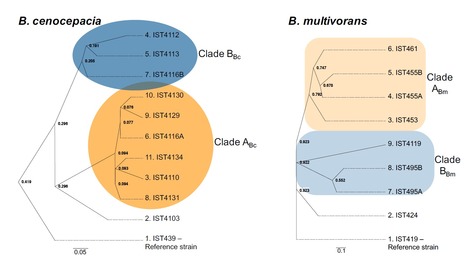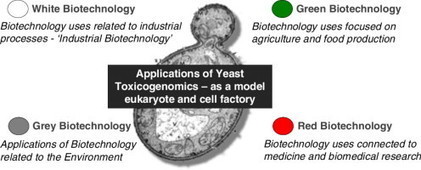
During chronic respiratory infections of cystic fibrosis (CF) patients, bacteria adaptively evolve in response to the nutritional and immune environment. A research paper from iBB-BSRG researchers, just published in Frontiers in Microbiology (part of the Research Topic: Evolutionary Mechanisms of Infectious Diseases), contributes to the understanding of shared and species specific evolutionary patterns of B. cenocepacia and B. multivorans evolving in the same CF lung environment. Results support the idea that positive selection might be driven by the action of the host immune system, antibiotic therapy and low oxygen and iron concentrations. This research work, coordinated by Prof. Isabel Sá-Correia, results from the PhD thesis in Biotechnology and Biosciences (BIOTECnico program) of A. Amir Hassan. Dr. AA Hassan is currently working at the Laboratory of Microbiology, Department of Biochemistry and Microbiology, Ghent University, Belgium.



 Your new post is loading...
Your new post is loading...







